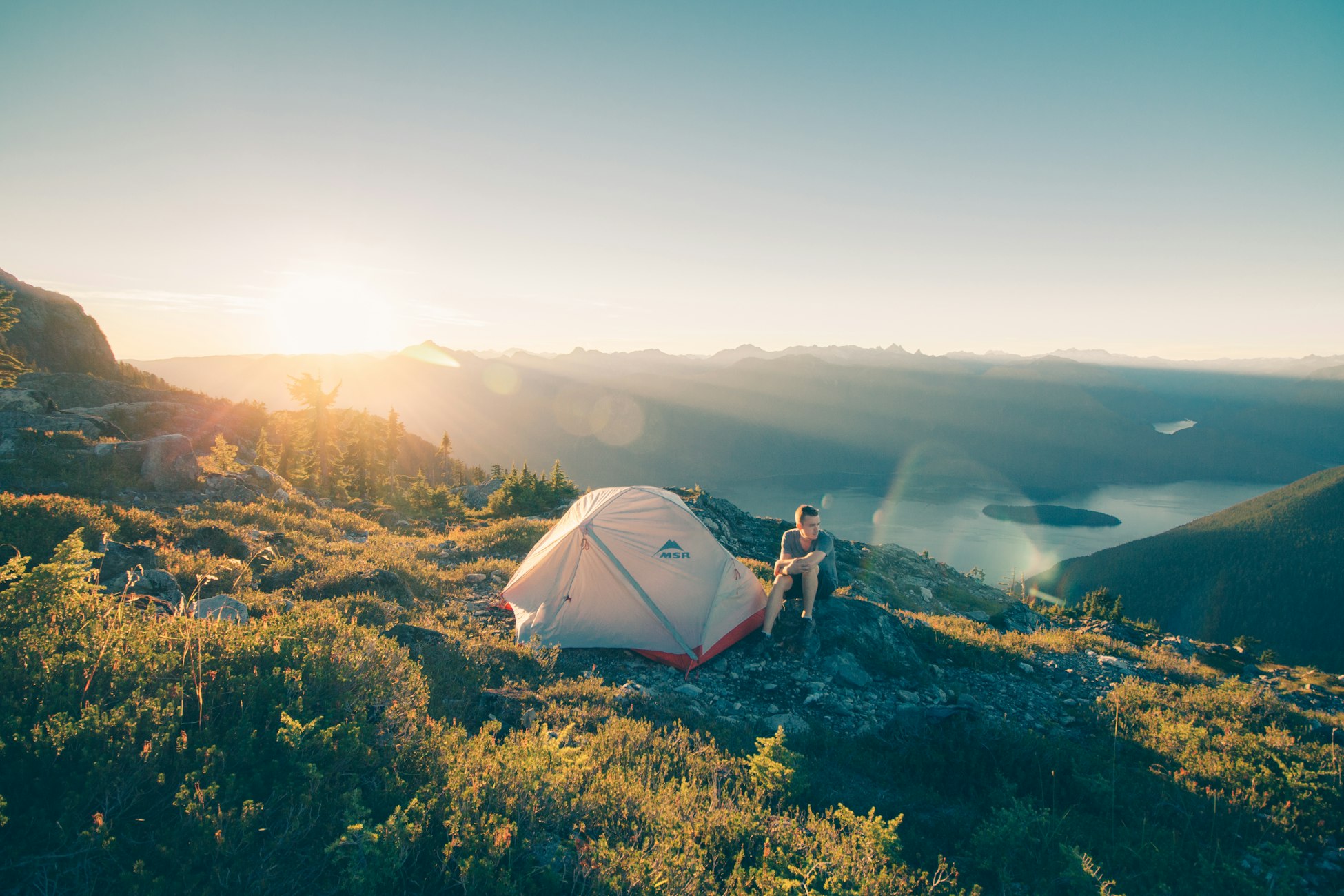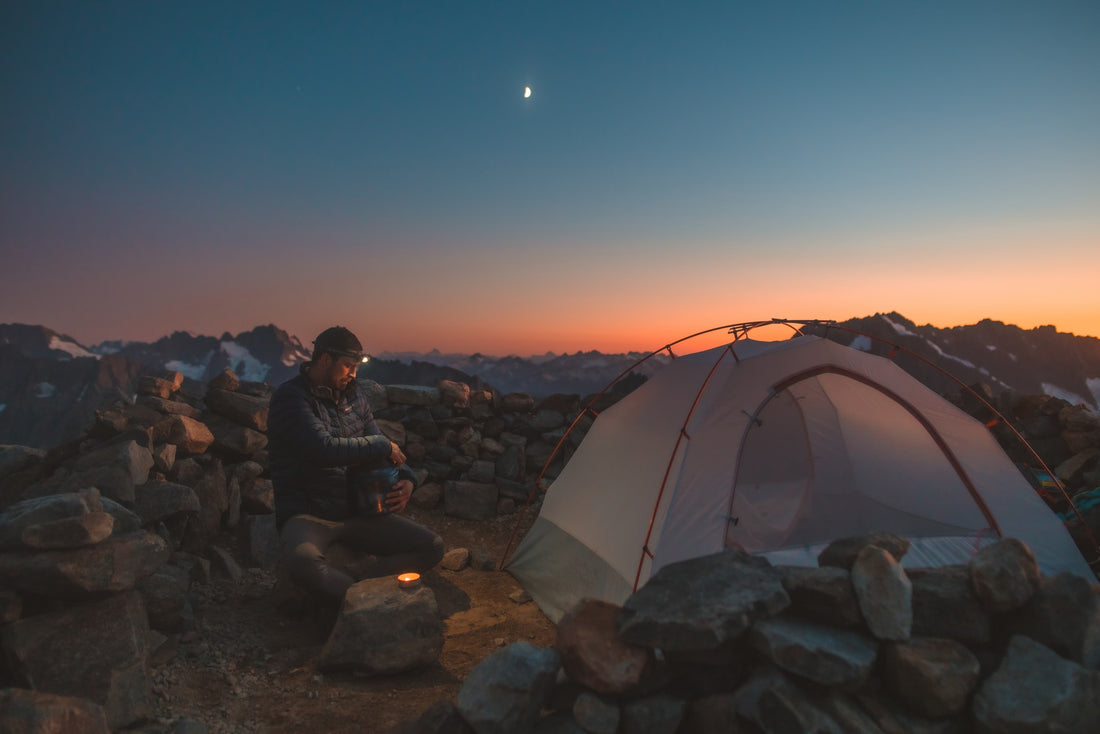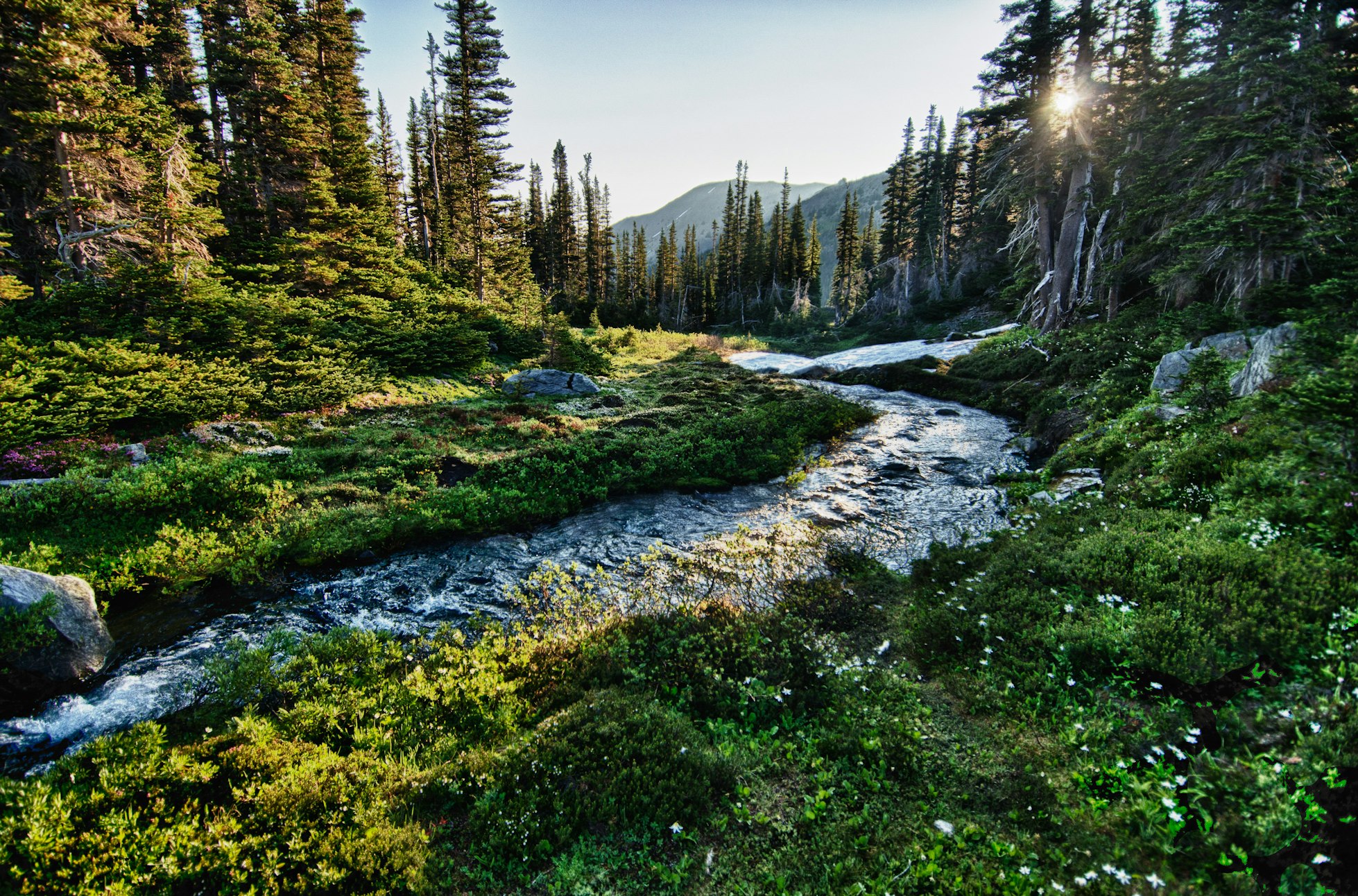One unique aspect of Washington, Oregon, and Northern California is that camping is practically a free for all in the National Forest, which takes up a large percentage of land in these regions. You can drive up any forest road and camp near your car, or walk into the bush and throw up your tent. Always take everything out with you that you pack in, these places are valuable and many people stay in them year over year.
Forest passes and state park passes are unfortunately growing in popularity in the PNW region and you don't want to be caught without them. Any day and overnight stay in the national forest requires a Northwest Forest Pass when posted. If you have a America the Beautiful pass (for National Parks) this also counts as a NW Forest Pass.
This one is a bit silly, but a valuable lesson for anyone new to the PNW. If you are camping in the forest, put your rainfly on no matter what (even if it doesn't rain). Moisture is prevalent in the forest and I guarantee it will condense and make your tent very cold and wet in the morning. I've tried many nights to watch the stars and enjoy a rainfly-less night, only to be woken up to drips on my head in the morning.
With the PNW being one of the wildest places left on Earth, you have to remember animals are ever present and good at exploiting humans. I vividly remember when I was 8 years old, camping on the coast of Vancouver island that we went to make a fire for s'mores and accidentally put the marshmallows down on a log a short distance away. When we returned to retrieve them we realized a family of raccoons came and stole them, no s'mores for me, I still haven't forgiven them. Raccoons aren't the only hungry animal out there, black bears, ravens, crows, Steller's jays, fox, and field mice also are good at picking up left out food and common. I recommend everyone use a bear can for this reason, its good practice and the best way to keep wildlife wild.





